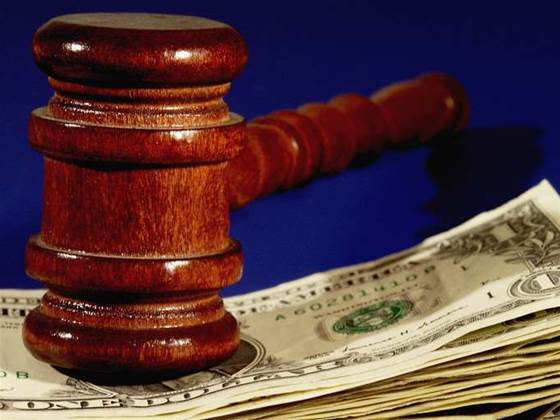
The ruling overturns a district court decision in May 2006 that he should be extradited. That decision had been upheld in London's High Court in April.
Lawyers for McKinnon, who faces up to 70 in prison, have argued that extraditing the 41-year-old violates his human rights. One of his London-based laywers, Edmund Lawson, did not return a call for comment.
McKinnon has publicly said he fears an extradition would land him in Guantanamo Bay, a detention camp that holds accused terrorists. He believes he should be tried in Britain because that is where any crime would have occurred.
Federal prosecutors have accused McKinnon of hacking into 97 computers operated by the government, including those of the Pentagon, Army, Air Force and NASA. Authorities contend McKinnon's actions resulted in the day-long shutdown of the Army's Military District of Washington network of more than 2,000 computers.
McKinnon is accused of causing US$700,000 in damage. He told Reuters last year that he is actually just a computer geek who wanted to learn whether aliens and UFOs are real.
Mike Haro, senior security consultant for Sophos, told SCMagazineUS.com today that McKinnon's motives have been replaced by today's financially motivated and organised criminal underground.
"He's more of the ilk of previous virus writers and hacker generations," Haro said. "The bulk of hacking activities today is really for profit."
See original article on SC Magazine US

_(28).jpg&h=140&w=231&c=1&s=0)


_(23).jpg&h=140&w=231&c=1&s=0)





 iTnews Executive Retreat - Security Leaders Edition
iTnews Executive Retreat - Security Leaders Edition
 iTnews Benchmark Awards 2026
iTnews Benchmark Awards 2026
 iTnews Cloud Covered Breakfast Summit
iTnews Cloud Covered Breakfast Summit
 The 2026 iAwards
The 2026 iAwards











_(1).jpg&h=140&w=231&c=1&s=0)



